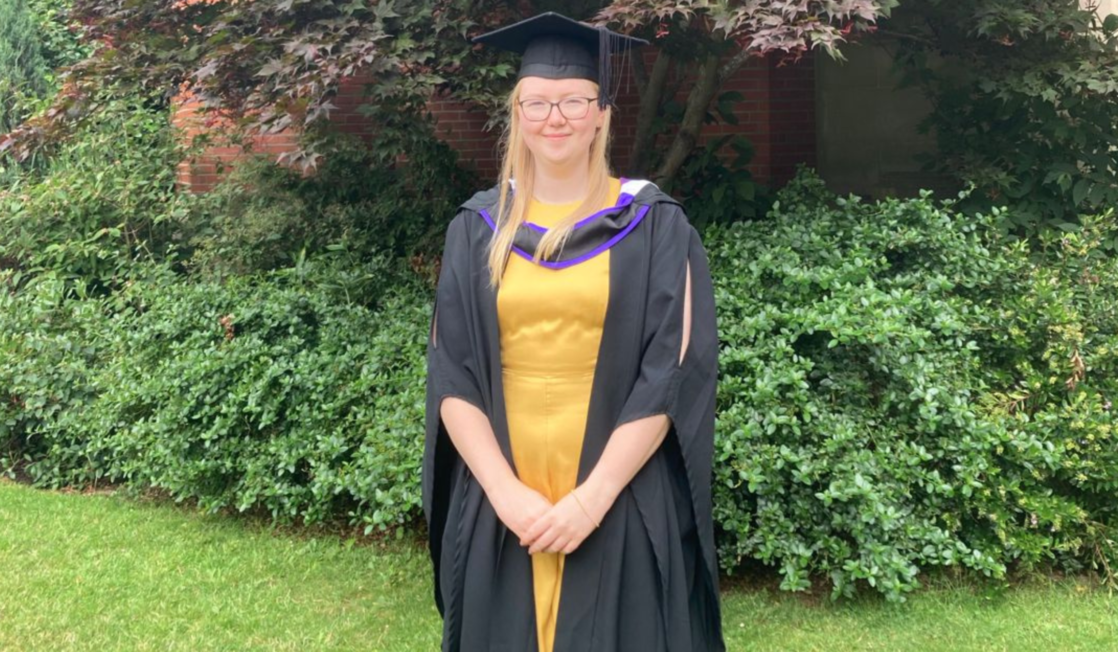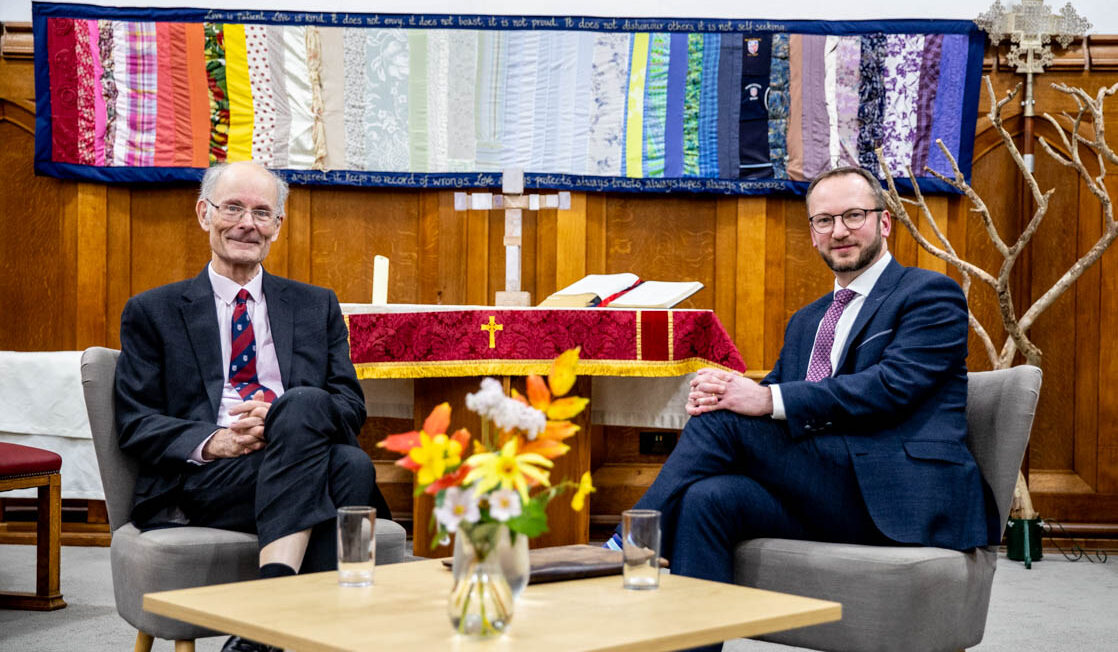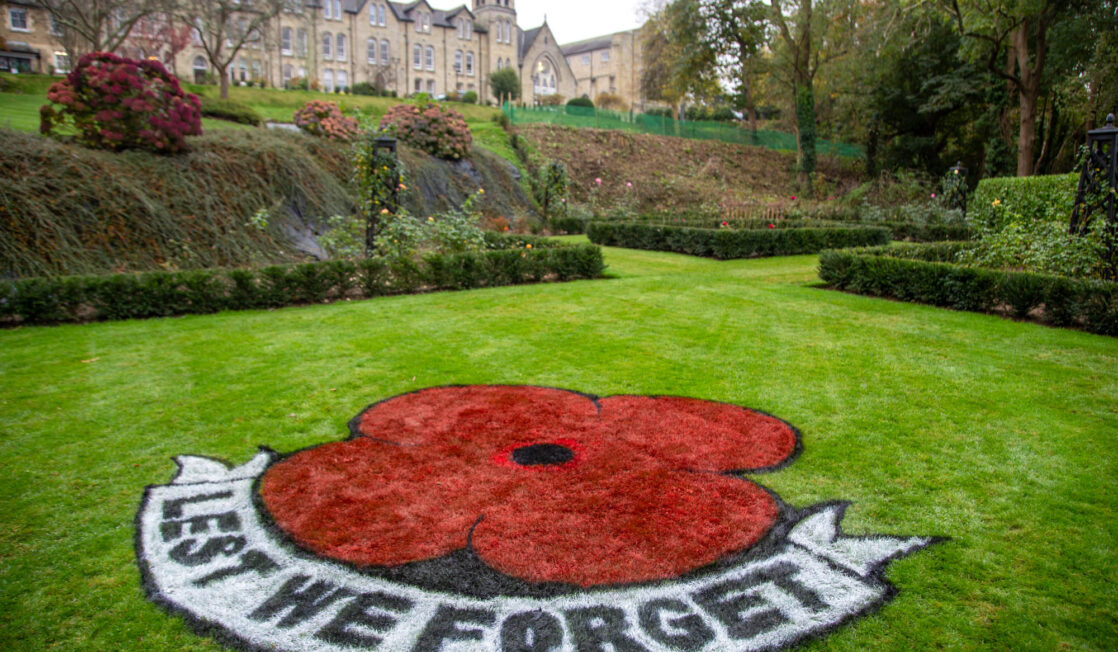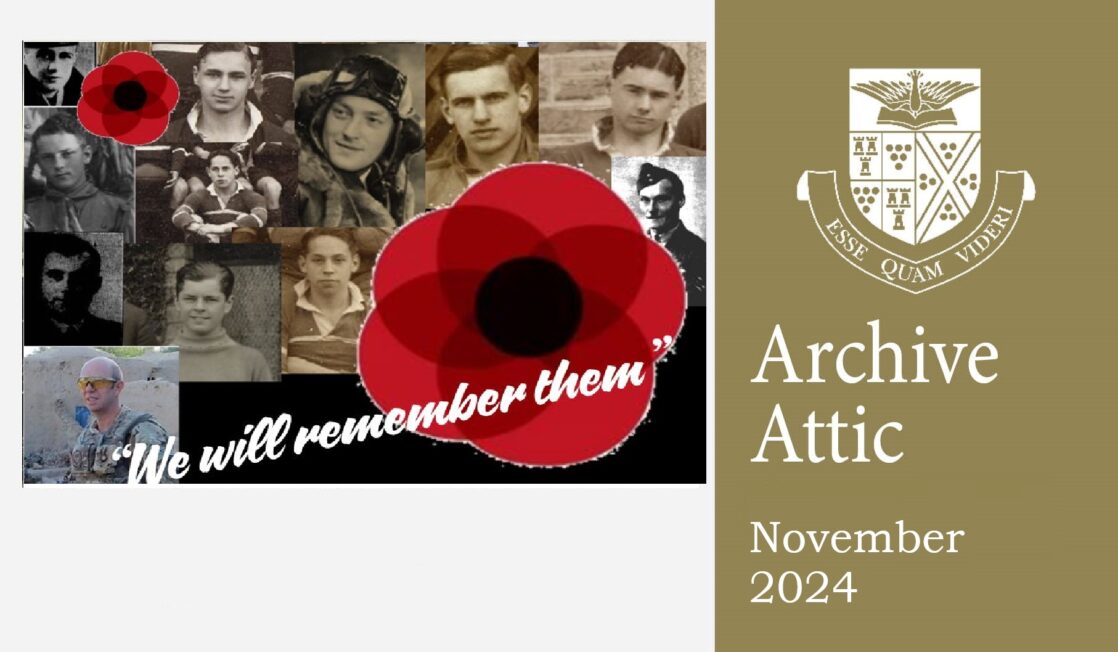Back
- Nursery
- Prep
- Senior
- Sixth
- Home
- Contact Us
- Admissions
- Boarding

Flicking through the papers in the Upper Sixth Common Room, the puzzle pages with friends a favourite, I never imagined I would write for the sports pages of one of the country’s biggest national newspapers.
News and newspapers had always interested me, and I spent my week’s work experience at the West Briton at the end of the fourth year. But I was not convinced it was where my future lay – although I enjoyed working on the English magazine with Ms Neale (TS 1990-2003) in Sixth Form, something which later made it onto my job-winning CV.
Leaving school, interpreting or translation were vague career options as I headed for a degree studying French, German and Russian at the University of Nottingham. A gap year and four-year course later, I still hadn’t figured out what I wanted to do – but final year applications to become a linguist at GCHQ or a linguist at the newswire agency Reuters clarified things: I decided I would rather tell the world stories than not even be able to talk about my day at work. After a year teaching English in Moscow, I lined up a place for a journalism MA on my return. But I also made it to the interview stage of the Daily Mirror’s trainee scheme. I set out my stall to be a sports reporter – and got the job.
It would be another two years, though, before my first official day on sport. Placements on the Sunday papers, news and features taught me a lot, but arriving on sport in October 2006, I immediately felt at home – despite being the department’s first trainee and the only woman there other than the secretary.
My first assignment was a press conference at Reading ahead of their match with Chelsea, held in an Elliott hut style building at their training ground, and with the bonus of pizza while you were waiting. Sitting there, I debated whether to keep quiet as a newbie or ask a question. I had one, so I asked it. And I didn’t look back from there.
My Mirror colleagues were entirely supportive. I was sent to my first match (Arsenal 3-0 Watford) alongside an experienced colleague, before going solo the following weekend – in the very different setting of Roots Hall, for Southend 1-3 Ipswich in the Championship. We were packed into a tiny press cabin, effectively a greenhouse in the autumn sun, passing around trays of church fete sandwiches at half time. I loved it.
I can’t remember if I was the only woman in the press box at Roots Hall that day – there may have been a local radio reporter too – but I frequently was, and any more than two of us at a match was generally a red letter day. Whether it was being one of only five girls in our form of 25 at Truro School, colleagues in the Press box treating me as an equal or because I was doing something I loved, it did not bother me. I got on with doing the job, made myself useful, pulled my weight in the pack, made friends and earned my place.
In my 10 years of sports reporting, only two comments ever questioned my right to belong – one from a dinosaur of a manager who quizzed me on the offside rule at 3am at an awards do, the other, more hurtfully, from a reporter from another paper the first time I met him. On both occasions, their words said far more about them than about me. Women are an established part of the game whose presence grew substantially in my decade working in sport. And I was pleased to be part of the original team behind Women In Football – now an influential and respected industry body.
My languages were used daily as I scoured the foreign press for stories. So WAJ ( William Alan Johnston, TS 1963-1999 teaching staff) has a degree of responsibility for Thierry Henry appearing under the headline Ou est le goal? after the Arsenal striker’s admission he was less certain of his bearings in the Emirates Stadium than he had been at Highbury. Aside from football, covering the Wimbledon championships and a pre-World Championships athletics training camp with future London 2012 stars were highlights. At the end of my traineeship, the Mirror gave me regular freelance work, and I learned the art of doubling up: writing a live match report with manager reaction for a Sunday paper while also securing player quotes for a Monday follow up. The role they hoped was coming up was eventually closed, though, so after seven months of freelancing I changed tack, taking a six-month maternity cover contract on the Mirror website while continuing to do matches at weekends.
My first day online in April 2008 involved learning a whole new language of internet jargon. I quickly found I had a knack for web journalism and enjoyed its constant deadlines and rapid industry changes. That became my career focus, but I carried on Saturday match reporting alongside it until 2017, when I decided working seven days a week was no longer viable, however much fun going to football was.
Now, as engagement editor for our national titles, I’m part of the senior editorial team at Reach plc, which owns the Mirror and also has the West Briton among its titles. My job focuses on newsletters, comments and other reader interactions. But I’ve still got a side-line: I host Pod Save The Queen, our royal podcast – launched in 2017 amid the excitement of Meghan and Harry’s engagement, and recently nominated for Lifestyle Podcast of the Year.
I have ended up doing the kind of jobs no careers teacher can realistically prepare you for – not least because half of them were not yet invented when I was at school. But I am grateful for the things I learned, the interests teachers inspired and the experiences I had at school paving that path for me.

Ann holding the FA Cup and David James on a four person tandem. Photo by Dave Hill for the Daily Mirror

Dec 5th 2024

Nov 14th 2024

Nov 11th 2024

Nov 11th 2024
Truro School is part of the Methodist Independent Schools Trust (MIST)
MIST Registered Office: 66 Lincoln’s Inn Fields, London WC2A 3LH
Charity No. 1142794
Company No. 7649422